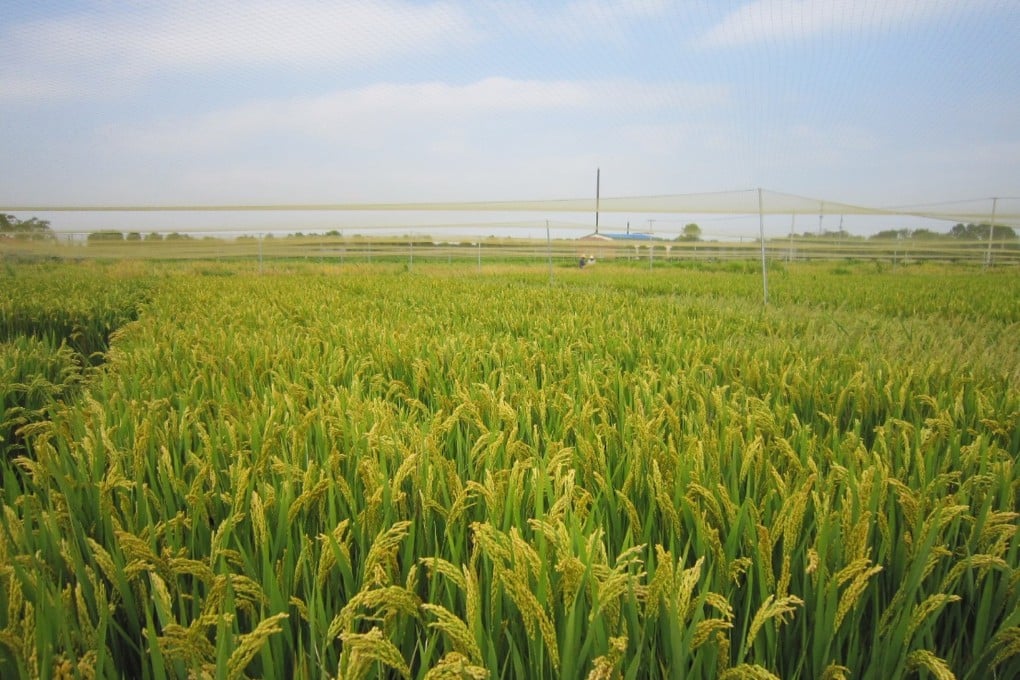Climate change, ozone pollution to reduce global crop yields by a fifth, with South Asia most at risk, study shows
- A study by researchers from CUHK and University of Exeter showed that yields of maize, soybeans, wheat and rice could fall by up to 22 per cent by 2050
- The FAO’s rice index, which tracks global rice prices, rose to a one-year high in May, gaining 6.5 per cent since Russia’s invasion of Ukraine

Global food crop yields could fall by a fifth by 2050 due to ground-level ozone pollution and climate change, a new study has found. South Asia is likely to bear the brunt of the impact, producing up to 40 per cent less rice by the end of the century.
The study led by researchers from the Chinese University of Hong Kong (CUHK) and the University of Exeter’s Joint Centre for Environmental Sustainability and Resilience, quantified and estimated the overall impact of ozone pollution, carbon dioxide emissions and climate change year to year until the end of this century on the yields of four staple food crops – maize, soybeans, wheat and rice.
The projections showed an obvious declining trend for all crop yields due to ozone pollution and extreme weather events. By 2050, the yields of the four crops could fall by as much as 22 per cent.
South Asian countries – some of which are among the world’s largest rice producers, could experience a 10 to 18 per cent reduction in crop yields by 2050, and as much as 40 per cent by 2100.
“This study demonstrates that the adverse effects of climate change are the single largest factor that contributes to crop yield reduction in the tropical region, especially in rice-producing countries, while ground-level ozone pollution also offsets the carbon dioxide fertilisation effect,” said Dr Felix Leung, project leader and first author of the paper, in a statement on Tuesday.
Ground-level ozone is primarily produced by chemical reactions between oxides of nitrogen and volatile organic compounds. This happens when pollutants produced by vehicles, power plants, and industrial emissions react, which could accelerate environmental degradation with serious consequences on human health.
